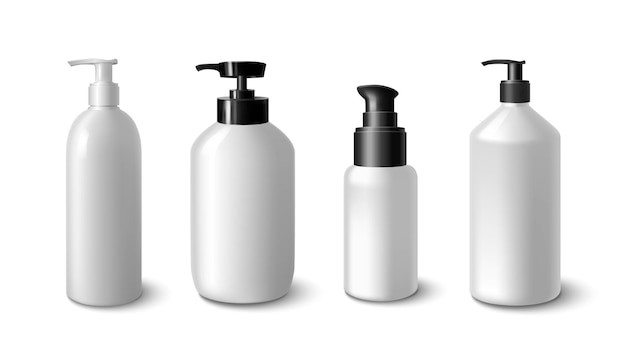Us &ndash crown prince seafood,city of industry,calif., switches from a 6ounce, twopiece aluminum can with a standard end to a 5ounce, twopiece aluminum can with an easyopen end. The smaller, easyopen can provides a container with a lining free of bisphenol a bpa, a controversial chemical commonly used in can linings. The bpafree can, supplied by impress,deventer, the netherlands, the world&rsquos largest supplier of seafood cans, is used for crown prince natural brand wildcaught yellowfin, albacore and tongol tuna. Updated paper labels announce bpa free. &ldquoour goal has been to source bpafree packaging for all our product.
This is more challenging than people might think,&rdquo says andréa linton, manager of crown prince seafood&rsquos natural products division. &ldquowe felt that this adjustment was well worth the tradedown in size, so we made the switch,&rdquo she explains. However, converting more products to bpafree cans may prove difficult if can makers don&rsquot ramp up production of bpafree alternatives.
Linton fears there may be little incentive to do so. According to a 30 march 2012 consumer update from the u.s. Food and drug administration fda, washington, d.c., the agency&rsquos most recent review of the available research and its own studies indicate bpa is not a health hazard. Not only is exposure very low, but the trace amounts that do enter the body are rapidly metabolized and eliminated. Other regulatory agencies worldwide have arrived at similar conclusions.
Nevertheless, as part of its ongoing oversight of food safety, fda continues efforts to address uncertainties about bpa, which some studies have linked to health problems. With the transition to the 5ounce bpafree can for its natural tuna, crown prince seafood also downsized its case count from 24 to 12 and adopted a retailready design. The 12count corrugated case holds a twobythree can arrangement in two layers and quickly converts from shipper to retail display tray.
Flexoprinted in one color black, it represents a savings in corrugated versus its nonretailready predecessor.review of the available research and its own studies indicate bpa is not a health hazard. Not only is exposure very low, but the trace amounts that do enter the body are rapidly metabolized and eliminated. Other regulatory agencies worldwide have arrived at similar conclusions. Nevertheless, as part of its ongoing oversight of food safety, fda continues efforts to address uncertainties about bpa, which some studies have linked to health problems. &ldquoretail and consumer requests for the case change revolve primarily around cost,&rdquo reports linton. &ldquomany customers purchase our tuna by the case for their home pantries, and the 12can case is not only more convenient spacewise, but is less costprohibitive as a bulk purchase,&rdquo she explains. Mmp international co., ltd.,samutsakorn,thailand, copacks tuna and other products for crown prince seafood, a hoffman familyowned company now in its third generation.






